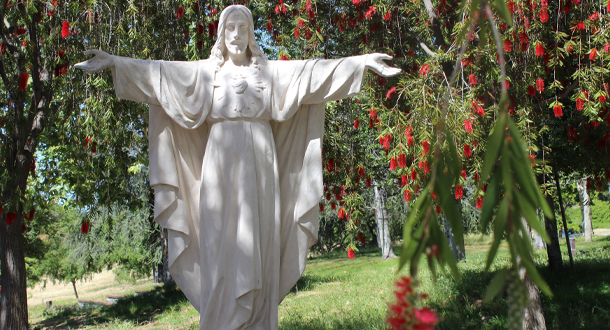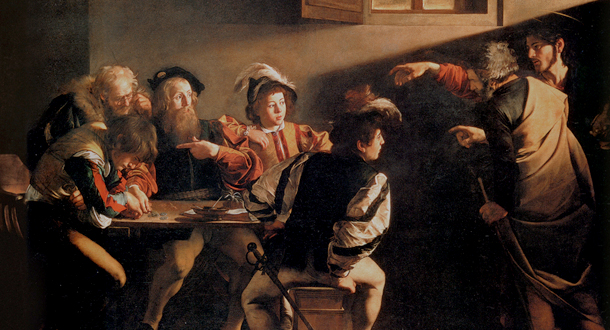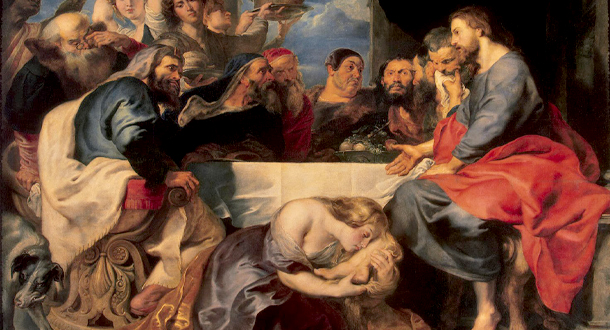
Scripture:
Reflection:
In today’s Gospel reading, Jesus first asks His disciples what the people think of Him; who were they saying he was. The disciples give their answers, and then Jesus asks them, “But who do you say that I am?” And Peter, who so ften gets it wrong, gets it right. He says to Jesus, “The Messiah of God.” And after Jesus warns them not to tell this to anyone, He then says, “The Son of Man must suffer greatly and be rejected by the elders, the chief priests, and the scribes, and be killed and on the third day be raised.”
In acknowledging Peter’s confession of Him as the Messiah, Jesus then tells them how He will be the Messiah: neither by military conquest nor by getting rid of corrupt leaders, but by sacrifice, even to the point of death, followed by resurrection.
For me, the Gospel readings for the last few days have highlighted the difference between the wisdom of the world and the wisdom of the Gospel, and we see this once again in today’s reading. That, I think, is one of the reasons Jesus doesn’t want the apostles to tell anyone that he was the Messiah. The people were expecting a different kind of Messiah, and even the apostles had trouble understanding what was going to occur, so perhaps Jesus didn’t want to get the people’s hopes up for something that wasn’t going to happen.
Understanding Jesus’ death on the Cross as an act of redemption helps us understand that God does not promise to remove all our difficulties, but instead, God promises us that He will get us through to the other side. Jesus did not only predict His Passion and Death, but also His Resurrection!
Can we live in hope, and thereby tell the world who we say Jesus is?
Fr. Phil Paxton, C.P., is the local superior of the Passionist Community in Birmingham, Alabama.







